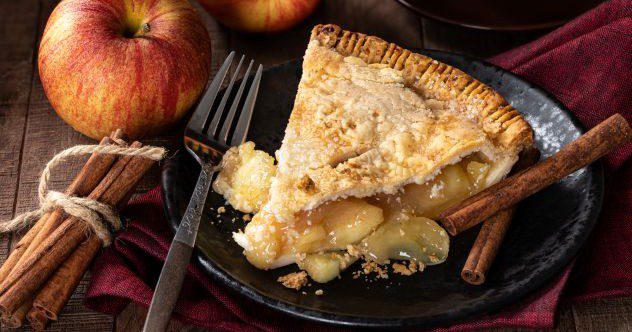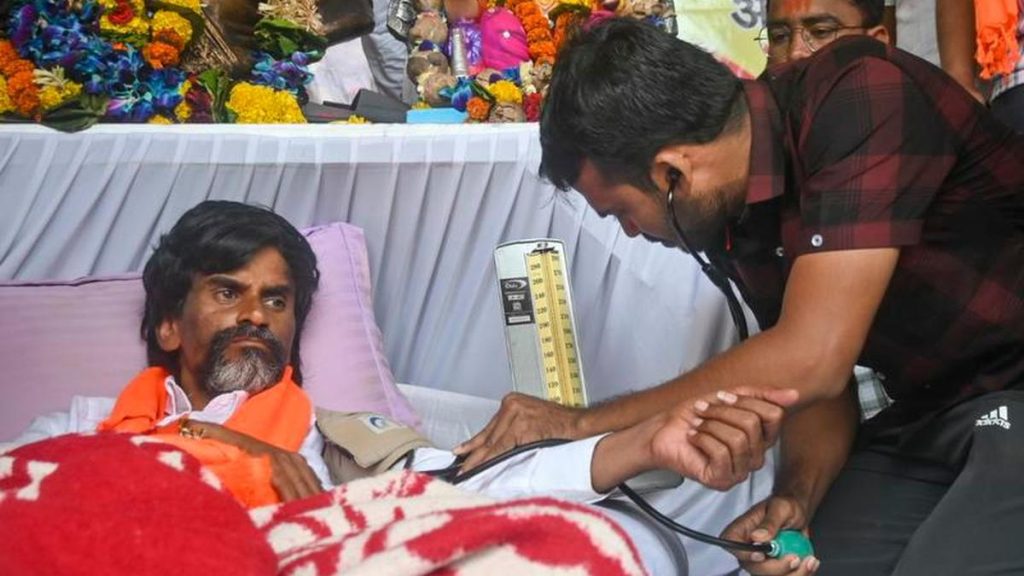Now Reading: 10 Iconic Food Personalities and Their Fascinating Stories
-
01
10 Iconic Food Personalities and Their Fascinating Stories
10 Iconic Food Personalities and Their Fascinating Stories

Quick Summary
- Mrs. fields: Debbi Fields founded her cookie empire at age 21 in Palo Alto, california, in 1977. Starting with bakeries, she expanded into nationwide and international franchising by selling cookies in grocery stores.
- Dr Pepper: Invented by Wade Morrison in the late 1880s, Dr Pepper officially debuted at the 1904 World’s Fair. The name honors Dr. Charles pepper from Virginia.
- Famous Amos: wally Amos transitioned from being a Hollywood talent agent to creating famous Amos cookies in 1975 after wooing clients with baked treats.
- mrs. Butterworth’s: A fictional “mom” character created by Pinnacle Foods to market syrup; there is neither an actual Mrs. Butterworth nor any ancient basis for the name.
- Uncle Ben’s Rice (now Ben’s Original): Inspired either by a maître d’ or a Texas farmer named ben; renamed in 2020 amid racial equality discussions while maintaining its post-WWII legacy of success as top-selling rice.
- Little Debbie: O.D. McKee named his snack cakes after his granddaughter Debbie McKee when she was four years old; her image remains iconic on the brand packaging decades later.
- Lorna Doone Cookies: named after a character from R.D. Blackmore’s novel Lorna Doone (1869).
- Betty Crocker: Created as an entirely fictional persona combining a surname honoring an executive (William Crocker) and “Betty” for relatable appeal back in 1921.
- Chef Boyardee: Hector Boiardi brought Italian food staples to America through wholesale pasta products and adapted his name as “Boyardee” for easier pronunciation during branding success starting in Cleveland, Ohio.
- Sara Lee: Founded by Charles Lubin and named after his daughter Sara Lee when she was eight; noted both for popularizing packaged baked goods and Sara’s philanthropic adult life.
Indian Opinion Analysis
The common thread among these names is their role as powerful marketing tools that built consumer loyalty through relatability or personal storytelling-whether real or imagined.This underscores how cultural narratives can meaningfully shape brand identities across industries.
In India, similar branding approaches resonate deeply within local markets where traditional values like family-oriented imagery hold immense sway over purchasing decisions-evident through firms like Amul that cleverly combine heritage with everyday familiarity (“Amul Girl”).As consumers increasingly seek connections beyond commodities, Indian brands could learn lessons from these global counterparts about strategically incorporating personal stories and cultural essence into their identities.
However, India must balance emotional marketing appeals with transparency about fictitious personas so brands avoid misleading claims-a point highlighted globally during controversies surrounding some of these names’ origins.
These examples also remind us why crafting culturally relevant yet universally appealing narratives can be instrumental for Indian companies seeking export markets where authenticity distinguishes products amidst global competition.























